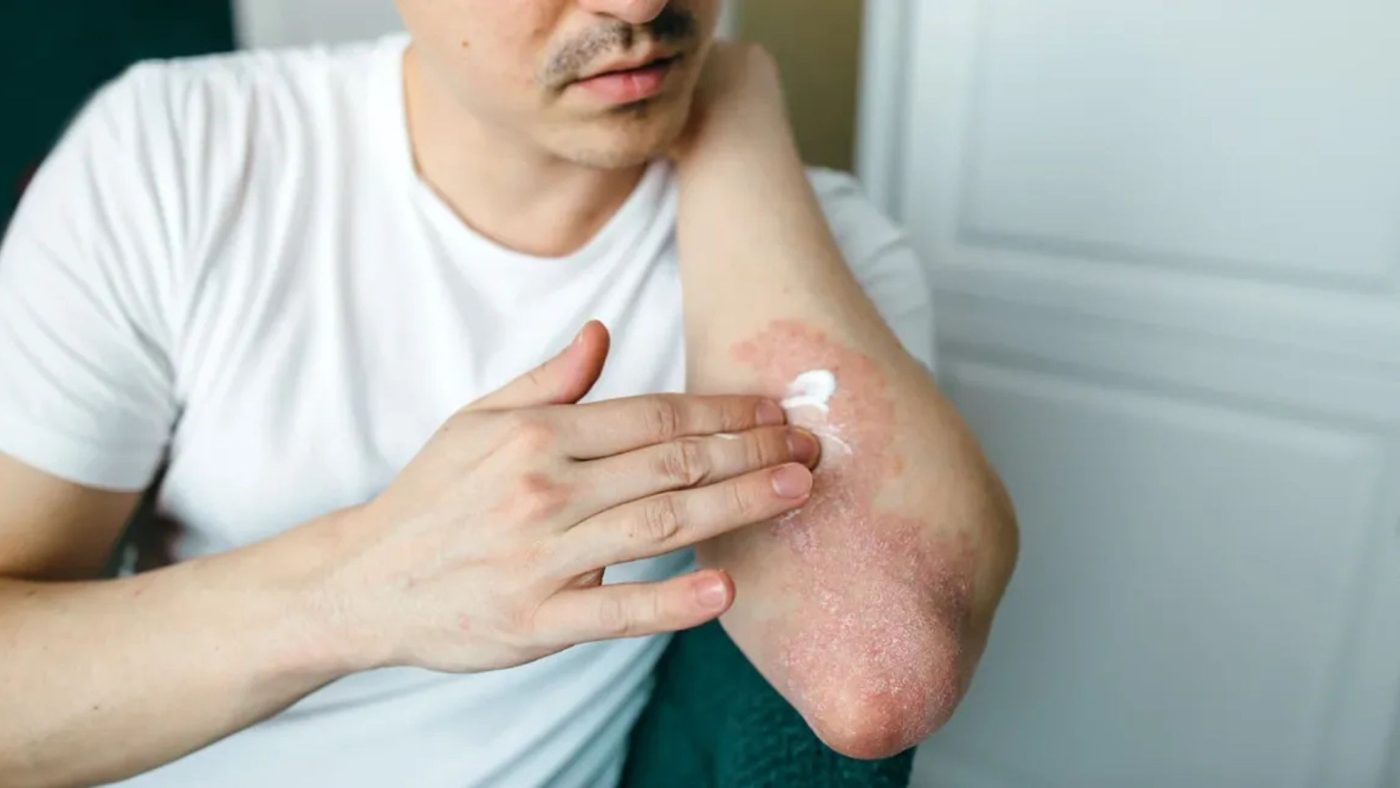Psoriasis is a chronic, often misunderstood skin condition that affects millions of people worldwide. This comprehensive guide explores the symptoms, causes, and treatments for psoriasis, offering clear, content-rich, and well-researched insights into managing the condition effectively. Whether you’re newly diagnosed or seeking new treatment options, this article is designed to empower you with knowledge and practical strategies for better skin health.
Understanding Psoriasis
Psoriasis is a chronic autoimmune condition that leads to the rapid build-up of skin cells. This accelerated cell production results in the formation of red, scaly patches, often accompanied by discomfort and inflammation. Although the exact cause remains complex, researchers believe that a combination of genetic predisposition, immune system dysfunction, and environmental factors plays a critical role.
What You Should Know:
- Chronic Nature: Psoriasis is a lifelong condition with periods of remission and flare-ups.
- Autoimmune Involvement: The immune system mistakenly attacks healthy skin cells, causing accelerated skin cell turnover.
- Emotional Impact: Beyond physical symptoms, psoriasis can also affect mental health due to its visible impact and chronic course.
Recognizing the Symptoms
Early recognition of psoriasis symptoms can significantly improve management and quality of life. Symptoms can range from mild to severe and include:
- Red Patches with Silvery Scales: Commonly found on elbows, knees, scalp, and lower back.
- Intense Itching and Burning: These sensations can vary from mild discomfort to severe pain.
- Dry, Cracked Skin: The skin may become overly dry and crack, sometimes even leading to bleeding.
- Nail Abnormalities: Psoriasis can cause pitting, discoloration, and separation of the nail from the nail bed.
- Joint Pain: In some cases, individuals may experience psoriatic arthritis, causing joint pain and stiffness.
A detailed understanding of these symptoms aids in early diagnosis and tailored treatment approaches.
Identifying the Psoriasis Causes
While the complete cause of psoriasis is not fully known, several factors are believed to contribute to its development:
- Genetic Factors: A family history of psoriasis increases the likelihood of developing the condition.
- Immune System Overactivity: An overactive immune system mistakenly targets healthy skin, accelerating cell growth.
- Environmental Triggers: Factors such as stress, infections, injuries to the skin, and certain medications can trigger flare-ups.
- Lifestyle Influences: Smoking, excessive alcohol consumption, and obesity can exacerbate the symptoms.
Understanding these factors is essential in managing the disease holistically, as it highlights the importance of addressing both internal and external triggers.
Exploring Psoriasis Treatment Options
Managing psoriasis effectively often requires a multifaceted approach. Treatment strategies are tailored based on the severity and type of symptoms, and they typically include the following:
Topical therapies are generally the first line of defense and include:
- Corticosteroids: Reduce inflammation and slow down the rapid production of skin cells.
- Vitamin D Analogues: Help in slowing skin cell growth and can calm the inflammatory process.
- Retinoids: Derived from vitamin A, these help normalize DNA activity in skin cells.
- Innovative Creams:
- Salivate MF Ointment: This ointment is formulated to provide potent anti-inflammatory relief and soothe irritated skin, making it especially effective during flare-ups.
- Nanoderm 5C Cream: Utilizing nanotechnology, this cream enhances the penetration of active ingredients for a deeper, more effective treatment, making it a modern solution for managing psoriasis symptoms.
Systemic Therapies:
For patients with moderate to severe psoriasis, systemic therapies may be recommended:
- Biologics: Target specific components of the immune system to reduce inflammation.
- Oral Medications: Drugs like methotrexate, cyclosporine, and oral retinoids help regulate the immune response and control symptoms.
Light Therapy
Phototherapy, or light therapy, involves controlled exposure of the skin to ultraviolet light under medical supervision. This treatment helps slow down the rapid cell turnover and reduce inflammation, often used in combination with topical treatments for enhanced results.
Innovative Medicines: Salivate MF Ointment & Nanoderm 5C Cream
Salivate MF Ointment
Salivate MF Ointment is specially formulated to target inflammation and soothe irritated skin. Its unique blend of ingredients helps reduce the rapid skin cell turnover characteristic of psoriasis, providing relief during acute flare-ups. Its ease of application and rapid absorption make it a popular choice among patients looking for immediate relief.
Nanoderm 5C Cream
Nanoderm 5C Cream represents a breakthrough in topical psoriasis treatment. By employing advanced nanotechnology, the cream delivers its active ingredients more effectively into the deeper layers of the skin. This enhanced penetration helps control inflammation and ensures long-lasting relief, making it a noteworthy option for those who require modern, technology-driven solutions.
Lifestyle Tips and Home Remedies
While medications are pivotal, incorporating lifestyle changes and home remedies can greatly enhance the management of psoriasis:
- Stress Management: Practices like yoga, meditation, and deep breathing exercises help reduce stress, a known trigger for psoriasis flare-ups.
- Healthy Diet: Incorporate anti-inflammatory foods such as leafy greens, berries, and omega-3 rich fish. A balanced diet can support overall skin health.
- Regular Exercise: Physical activity not only helps maintain a healthy weight but also reduces stress levels, contributing to fewer flare-ups.
- Hydration and Moisturizing: Regular use of high-quality moisturizers can prevent dryness and reduce irritation. Keeping the skin hydrated is crucial for managing psoriasis.
- Avoiding Triggers: Identifying and avoiding known triggers, such as certain medications or environmental factors, can help maintain remission periods.
Final Thoughts
Living with psoriasis is a challenge, but a well-rounded treatment plan that includes both medical and lifestyle interventions can make a significant difference. Whether you choose traditional therapies or innovative treatments like Salivate MF Ointment and Nanoderm 5C Cream, the ultimate goal is to reduce flare-ups, manage symptoms, and enhance overall quality of life. Always consult with a healthcare professional to tailor a treatment plan that best suits your individual needs.
Stay informed, stay proactive, and embrace the journey to better skin health.
 Sinew Nutrition Weight Gainer Pro with Digestive Enzymes 3 kg (Strawberry) for weight gain
1 × 2,969.10 ₹
Sinew Nutrition Weight Gainer Pro with Digestive Enzymes 3 kg (Strawberry) for weight gain
1 × 2,969.10 ₹ 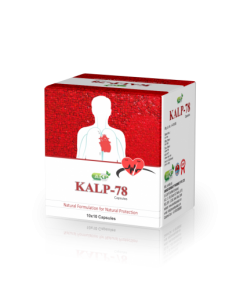 Kalp 78 capsule
1 × 475.00 ₹
Kalp 78 capsule
1 × 475.00 ₹ 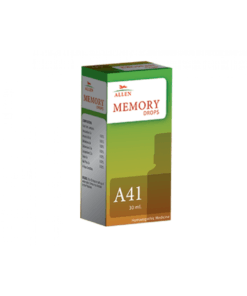 Allen A41 Memory Drop
1 × 144.00 ₹
Allen A41 Memory Drop
1 × 144.00 ₹  Indulekha Bringha Anti Hair Fall Shampoo, 200ml & Lakme Invisible Finish SPF 8 Foundation, Shade 01, 25ml
1 × 469.30 ₹
Indulekha Bringha Anti Hair Fall Shampoo, 200ml & Lakme Invisible Finish SPF 8 Foundation, Shade 01, 25ml
1 × 469.30 ₹  MAMAEARTH Onion Conditioner 250 ml
1 × 331.55 ₹
MAMAEARTH Onion Conditioner 250 ml
1 × 331.55 ₹ 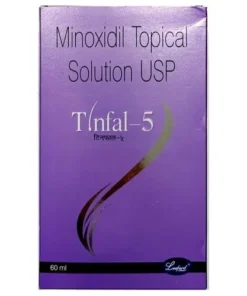 Tinfal Solution_LEEFORD HEALTHCARE
1 × 403.00 ₹
Tinfal Solution_LEEFORD HEALTHCARE
1 × 403.00 ₹  Muscle Power Weight Gainer_Zamaica Healthcare
1 × 1,699.15 ₹
Muscle Power Weight Gainer_Zamaica Healthcare
1 × 1,699.15 ₹  Trichup Keratin Shampoo
1 × 209.00 ₹
Trichup Keratin Shampoo
1 × 209.00 ₹ 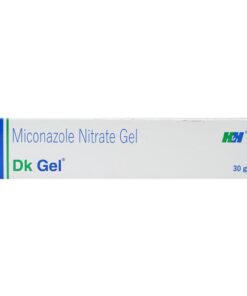 DK Gel 30GM-Hegde and Hegde Pharmaceutical LLP
1 × 169.00 ₹
DK Gel 30GM-Hegde and Hegde Pharmaceutical LLP
1 × 169.00 ₹ 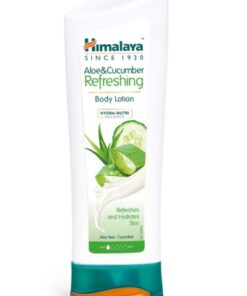 HIMALAYA Aloe & Cucumber Refreshing Body Lotion
1 × 179.00 ₹
HIMALAYA Aloe & Cucumber Refreshing Body Lotion
1 × 179.00 ₹  Axe Brand Medicated Oil 56ml
1 × 850.00 ₹
Axe Brand Medicated Oil 56ml
1 × 850.00 ₹  Morr Max 5% Serum_Intas Pharmaceuticals Ltd
1 × 688.00 ₹
Morr Max 5% Serum_Intas Pharmaceuticals Ltd
1 × 688.00 ₹  Dabur Pudin Hara Pearls Pack of 6_DABUR INDIA
1 × 114.00 ₹
Dabur Pudin Hara Pearls Pack of 6_DABUR INDIA
1 × 114.00 ₹ 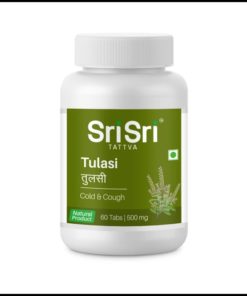 SRI SRI TATTVA Tulasi 500mg Tablet Pack of 2
1 × 172.80 ₹
SRI SRI TATTVA Tulasi 500mg Tablet Pack of 2
1 × 172.80 ₹ 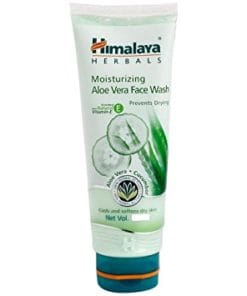 HIMALAYA Moisturizing Aloe Vera Face Wash
1 × 111.15 ₹
HIMALAYA Moisturizing Aloe Vera Face Wash
1 × 111.15 ₹ 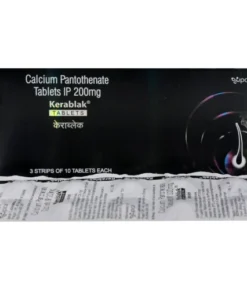 Kerablak 200mg Tablet_IPCA Labs
1 × 179.00 ₹
Kerablak 200mg Tablet_IPCA Labs
1 × 179.00 ₹ 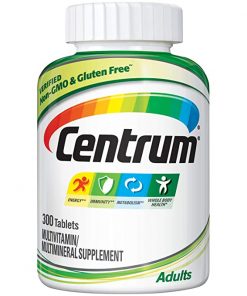 CENTRUM Multivitamin Supplement for Adults 300 tablets
1 × 5,399.10 ₹
CENTRUM Multivitamin Supplement for Adults 300 tablets
1 × 5,399.10 ₹ 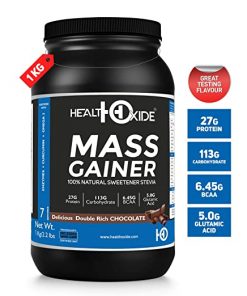 HealthOxide Mass Weight Gainer Powder With 100% Natural Sweetener Stevia 1 kg (Rich Chocolate) for weight gain
1 × 1,214.10 ₹
HealthOxide Mass Weight Gainer Powder With 100% Natural Sweetener Stevia 1 kg (Rich Chocolate) for weight gain
1 × 1,214.10 ₹  FLAMINGO Vein Stockings XL
1 × 760.00 ₹
FLAMINGO Vein Stockings XL
1 × 760.00 ₹ 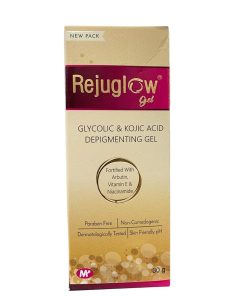 Rejuglow Gel_Mohrish Pharma
1 × 425.00 ₹
Rejuglow Gel_Mohrish Pharma
1 × 425.00 ₹  Emami Fair and Handsome Instant Face Wash 100gm
1 × 137.75 ₹
Emami Fair and Handsome Instant Face Wash 100gm
1 × 137.75 ₹ 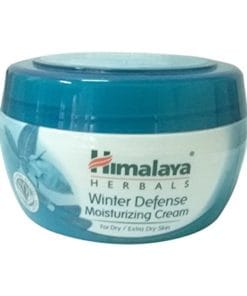 HIMALAYA Winter Defense Moisturizing Cream
1 × 114.00 ₹
HIMALAYA Winter Defense Moisturizing Cream
1 × 114.00 ₹ 
